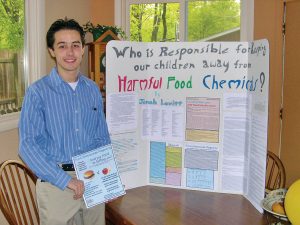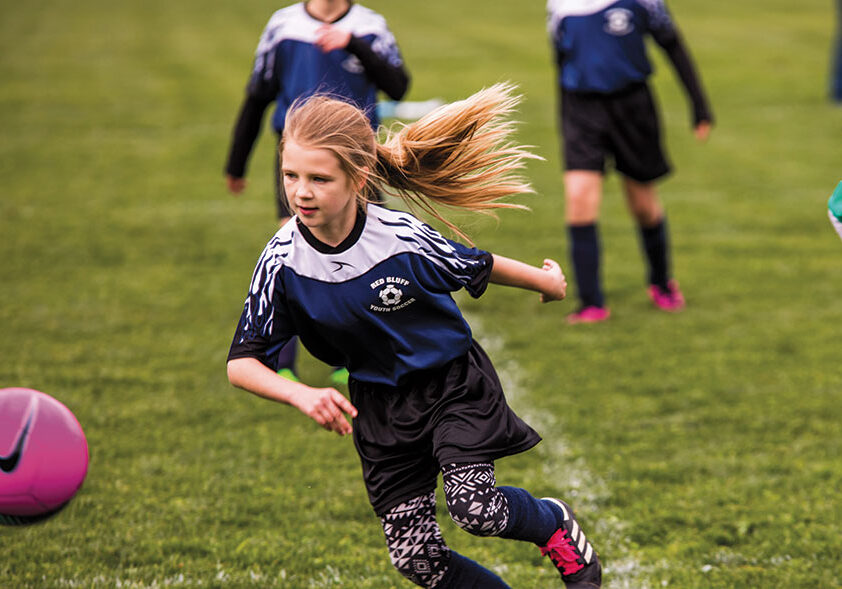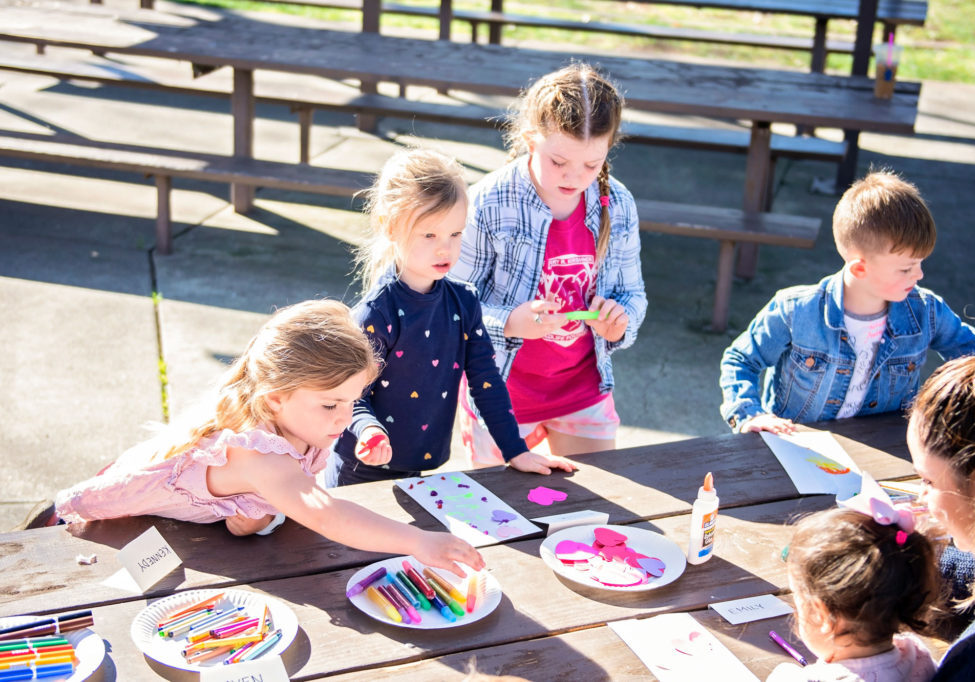As a mother it is hard not to feel guilty when you realize your child is suffering. I remember wishing my first baby had come with a care manual, but between my sleep deprivation and his colic, I was just doing the best I could. Later, when my son Jonah became a teenager he sunk into a deep depression and again I felt helpless and somehow responsible. My head knew this probably wasn’t my fault, but my heart ached with the possibility that there must have been something I could have done to help prevent it.
In hindsight, now that my son is older, I see that this was something out of my control due to situational, hereditary, medical and nutritional factors. The journey Jonah and I went on because of his depression changed both of our lives for the better. For me, it was the beginning of a whole new perspective on alternative healing and it began my soul searching to address old family patterns. For Jonah, it was a self-motivated awakening into the correlation between his diet and his mental health.
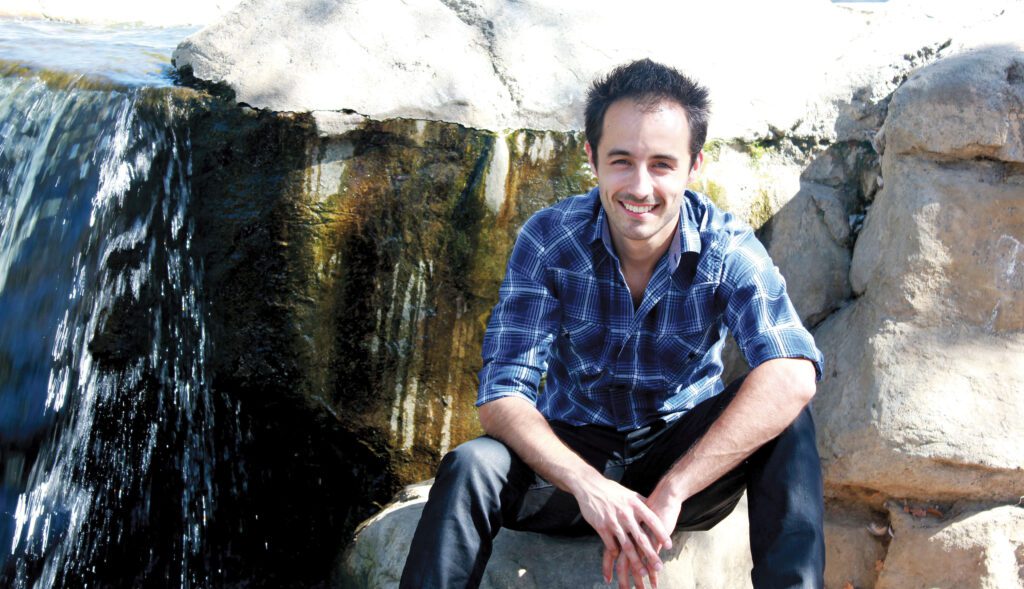
The lowest point for me was when it was necessary to admit him into the psychiatric ward at Children’s Memorial Hospital in Chicago to manage his many medications. Driving home from the hospital, I was feeling so many emotions because of having to release my son to the full-time care of professionals. It seemed so dramatic, traumatic and disheartening. How did we get here? Why did he have to suffer this way? Did I fail him as his mother? I began to feel angry that one medication after another did not seem to be helping. Also, side effects from one were making it necessary to add another, until the multiple combinations landed him in a treatment center to sort it all out.
Through psychotherapy and a specialized school placement for social-emotional behavioral intervention, I began to get my son back. With family counseling I realized I was not to blame for any of this and I was able to acquire some parenting skills for my mothering “toolkit” that helped support Jonah’s painful journey.
My intuition kept telling me there was more to this. I thought about the possible contributing factors; there were plenty of things that could cause such sadness and frustration for him. In second grade, my son lost his best friend who had died at school from a heart condition. When Jonah was 10, we moved across town, requiring him to change schools. This caused multiple social issues and left him feeling abandoned by his previous friends. Not long afer that, my mother (Jonah’s beloved grandmother) died, and he lost another strong relationship in his life.
As I began to get educated on depression – early signs, symptoms and treatments, I wondered how much genetics played a role in my son’s struggles. I realized that my mom must have struggled with depression while I was a child, although I didn’t know it at the time. It could certainly explain her tendency to self-medicate with alcohol, and her multiple suicide attempts. I wasn’t looking to blame, I just wanted answers to all of the nagging questions in my head. How did this happen to Jonah? Could I have prevented it? What could I have done differently? Was there something I could do to keep this from also happening to my daughter?
I eagerly learned about chemical imbalances and how untreated behavioral disorders, and situational stressors, can lead to depression. I took parenting classes and read many books. My husband and I went to family counseling – not only to help Jonah, but to save our marriage and to give our second child, Tiara, some much needed support while our family went through such a difficult time.
The most significant information and change came when Jonah took control of his own life and health by dramatically changing his diet. Educated food choices were his biggest healer. He had done a high school research project on food labeling for his ethics class, and dove deeply into the topic. I was both impressed and frustrated with how obsessed he was with all of this new information. Of course, once I saw a huge change in my son, I was extremely grateful for this intense homework assignment. It had opened up our eyes to a whole new world, giving us hope and concrete tools to support his mental health.
Learning about food additives, preservatives and nutritional deficiencies in the average American diet, Jonah began to realize what we were eating barely resembled “real” food. My daughter and I will never forget the day he came home from high school and began to throw everything out of our pantry onto the floor, yelling that it was all “crap” and we could not eat it anymore. It was very sobering to see that out of five pantry shelves of food, he only approved eight items to go back in! This began our new way of life, eating organics, whole foods, and always reading food labels. Grocery shopping became a bigger, more time-consuming chore. I now had high standards, armed with a two-page list of chemical, preservative and additive names to avoid. It was very difficult to find anything to put into my grocery cart that was “Jonah approved.”
“Within one month of my banishing all unsafe food additives, I actually lost 10 pounds,” Jonah reports. “I had more energy than ever and noticed a huge, consistent improvement in my mood. “I believe that the quality of food that a person consumes reflects their physical, mental and emotional well-being. Always buy the best food that you can afford, – your physical and mental health are your best investments.”
Jonah was so passionate about food quality that he started a “Food Awareness” club in high school. His mission was “to increase nationwide knowledge of nutrition and healthy eating.” At the age of 20, he decided to transfer out of an Iowa college to be around others who felt as strongly as he did about food choices. His top criteria while searching for a new college was that they must have an organic food provider – which brought him to California.
Jonah is now 30 years old, still eating organically, and emotionally stable. He believes the power of positive thinking was also a life-changing factor in his healing. He remembers a motivational story from his high school biology teacher. “Our classroom had a huge aquarium that provides an environment for caterpillars to become Monarch butterflies,” he says. “After many weeks of waiting, I observed a cocoon frantically wiggling back and forth with the head of the butterfly struggling, desperately, trying to pull itself out. I shouted to my teacher, ‘A caterpillar is trying to hatch but it’s stuck!’ I proceeded to take the cover off of the tank, so I could help him get out. As humans, we are so eager to help others. It is one of our many gifts. My teacher ran over to the tank and stopped me from reaching inside. He said, ‘We must not help him out. He must do it himself.’ So I asked, ‘Why? He is struggling, and he looks like he is frustrated and in pain. I want to see him come out and fly and show us his orange wings!’ But my teacher explained, ‘If we help the butterfly out of the cocoon, then he won’t be able to build up enough strength to fly. If we peel it open, he will fall out and crawl around, still thinking he is a caterpillar. Caterpillars who are helped out of their cocoon early usually never fly. It is the cocoon that builds up the wings’ strength and this strength will allow him to soar later in life!’ That was a great lesson to learn so young: Challenges make us stronger.”
Posted in: Health & Nutrition, Youth & Teen
Comment Policy: All viewpoints are welcome, but comments should remain relevant. Personal attacks, profanity, and aggressive behavior are not allowed. No spam, advertising, or promoting of products/services. Please, only use your real name and limit the amount of links submitted in your comment.
You Might Also Like...
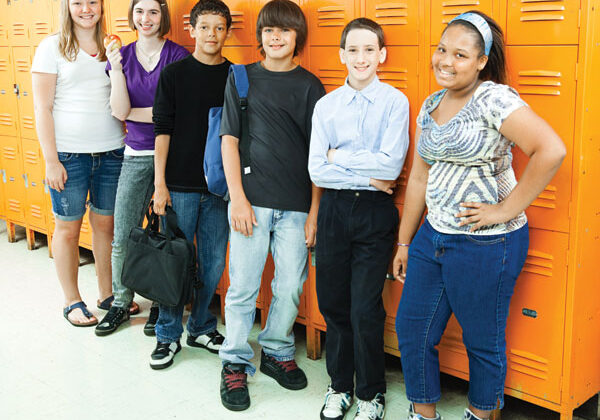
Planning for College in Middle School – It’s Not Too Early
If you plan on sending your child to college you may wonder: how early should I begin planning? Besides saving for tuition and other expenses, what additional steps should I […]
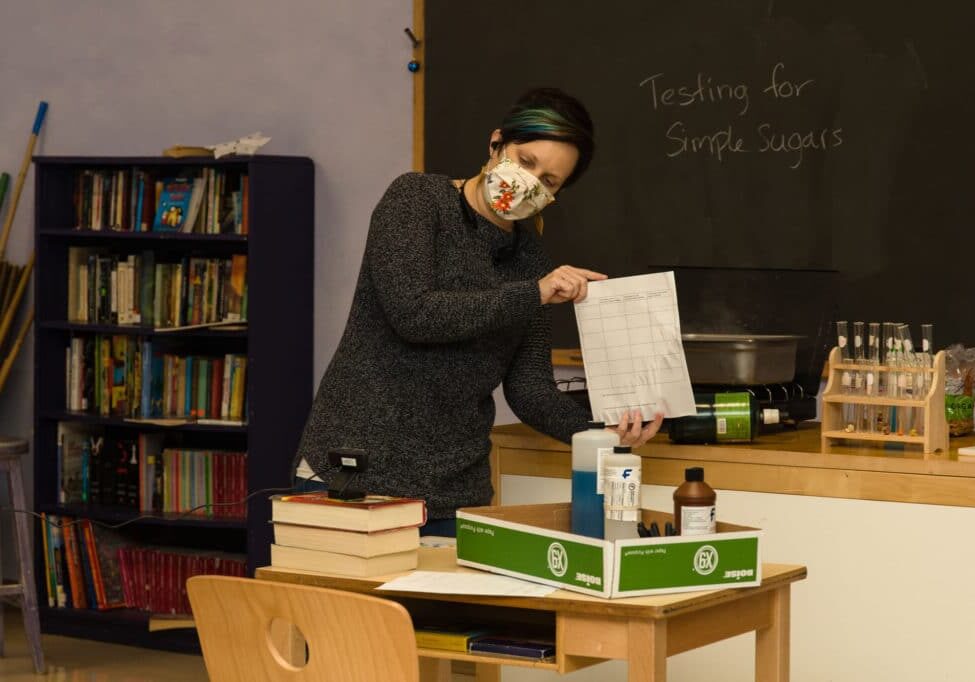
Blue Oak Equity & Anti-Racism Task Force Reevaluates Curriculum
Racial inequity and historical narratives As a Waldorf school, Blue Oak Charter School in Chico, CA has always relied heavily on historical narratives from around the world to communicate history, […]
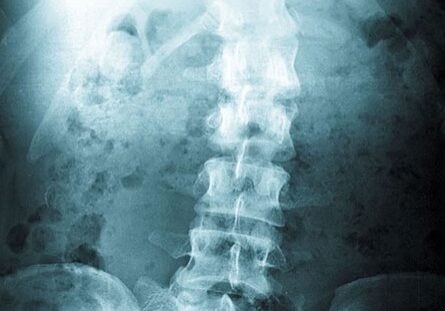
Scoliosis – Screening And Treatment Options
The words “scoliosis” and “S curve” were unknown to my family until the summer I was 12, and I fell into a pool. A trip to the pediatrician’s for a […]

A to Zen for Teens: 26 Ways to Help Your Teen Find More Peace
Does your teen seem frazzled and stressed? Teens face stress from many directions, and so do their parents. We can all benefit from more calm; however, teens may not be […]


